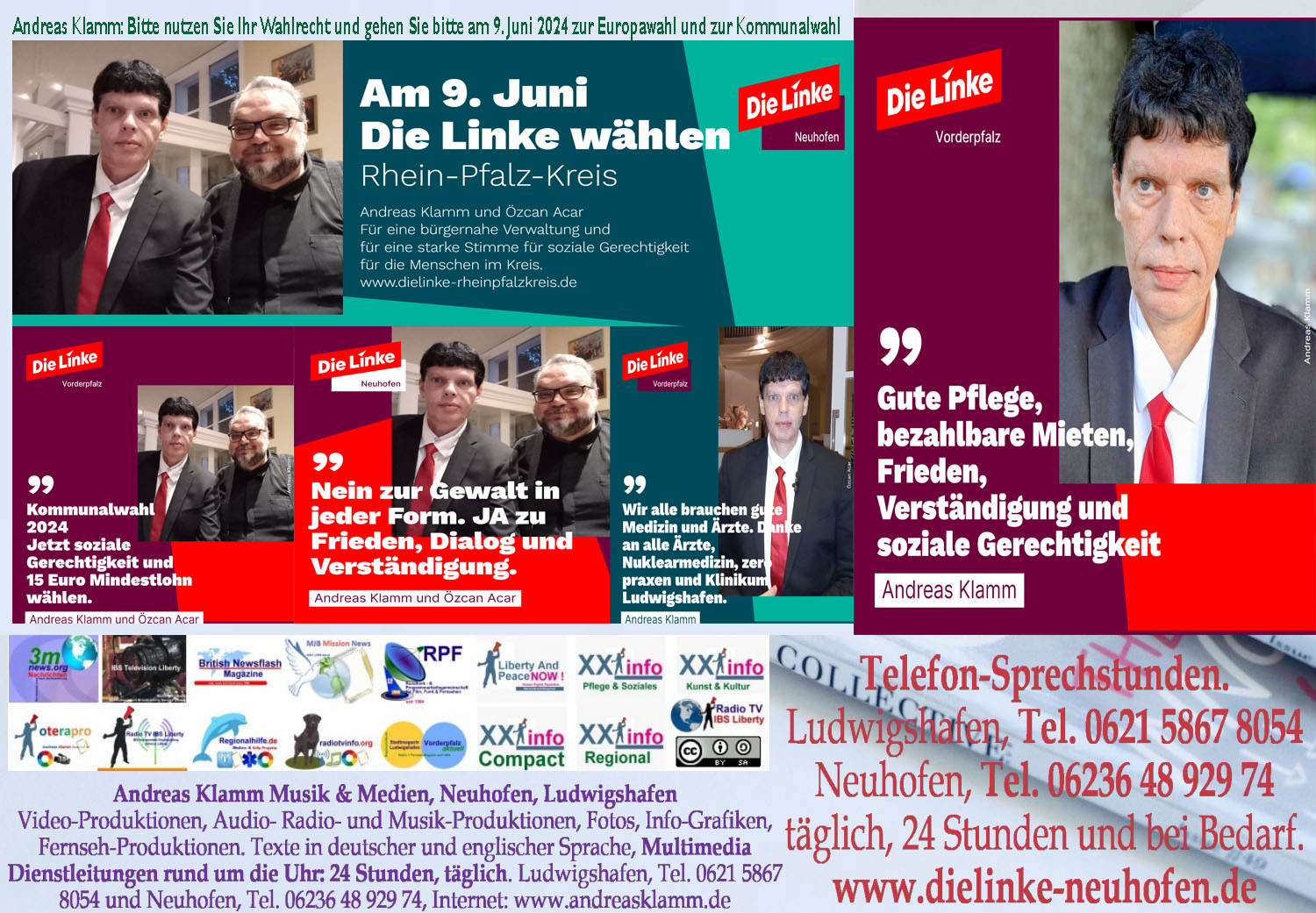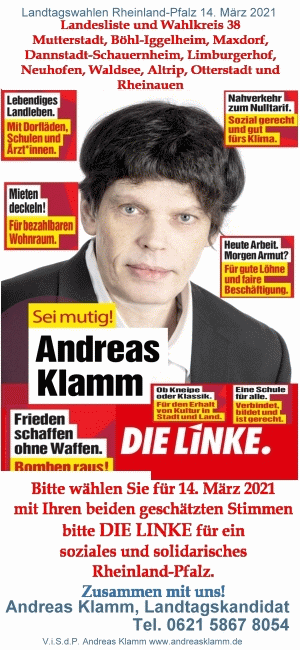Gender equality and how to make the military more representative in focus of discussion in OSCE’s Forum for Security meeting
VIENNA, 8 March 2017. (mediap). – Increased inclusion of women is beneficial for the military as diversity makes armed forces more effective, said speakers in today’s session of the OSCE Forum for Security Co-operation (FSC), which coincides with International Women’s Day. These benefits are particularly important when national armies take part in peacekeeping and peace-building missions abroad.
In his welcoming remarks Ambassador Cristian Istrate of Romania, which currently holds the FSC Chairmanship, said that the meeting was aimed to have a comprehensive debate by inviting speakers with an operational role in the military, as well as in implementing the gender policies in the armed forces.
Amy Grant, a Major in the US Air Force, who is currently National Defence Fellow with the US Department of Energy, stressed the progress achieved by her country in the past several years: repealing of discriminatory policies and opening of all career fields in all branches of the military to women.
She said it is “an acknowledgment that in the increasingly complex area of security, our country and our military leadership have determined that we cannot afford to deprive ourselves of half the population’s unique talents.”
‘Gender equality is important to be able to view conflict and military operations through a gender lens and to analyse how women are impacted by conflict,” Grant said, referring to peacekeeping operations abroad. “This may lead to a change in tactics to limit the negative consequences for women and children.”
Sharing the experience of her country, Elena Raluca Radu, Gender Counsellor in the Romanian Ministry of Defence, mentioned the adoption in 2014 of the ten-year Plan for the implementation of UN Security Council Resolution 1325 on Women Peace and Security. One of the key objectives of the plan is to increase the number of women in military operations abroad. “Women’s participation in international missions has been constantly encouraged,” Radu said, noting that the share of women in such forces had reached ten per cent.
While highlighting the importance of improved gender equality, the speakers emphasized that it isn’t about filling quotas but rather about providing both men and women with equal rights, responsibilities and opportunities and selecting military personnel on the basis of professional skills.
Marcel Pesko, Director of the OSCE Conflict Prevention Centre, stressed the importance of supporting young women who decide to pursue a career path in traditionally male dominated areas such as military or security structures. In this regard he noted a joint initiative of the OSCE and United Nations Office for Disarmament Affairs on providing education to young female professionals on disarmament and non-proliferation. “It is a good practical model for increasing the number of women in the security sector,” he said.
Women are often hindered from pursuing a long-term successful career in the military for family and other reasons. But as initiatives undertaken by the US Department of Defence show, there are ways of addressing retention challenges, such as extended maternity and paternity leave, longer opening hours for military child care centres and career intermission programmes.
For PDF attachments or links to sources of further information, please visit: http://www.osce.org/fsc/303581



Neueste Kommentare